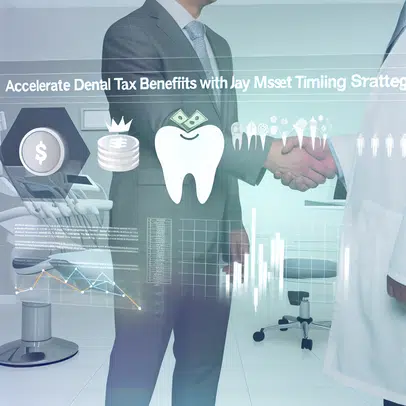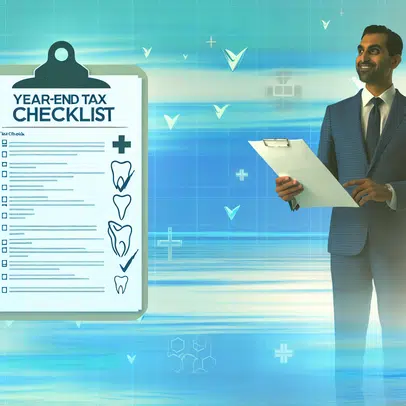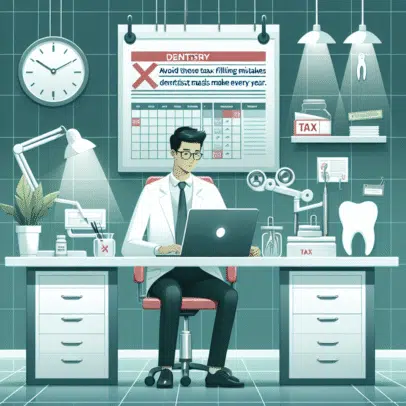Maximize Tax Savings for Dentists in the United States Today
Dentist tax savings USA can be maximized with smart planning. In this guide, we’ll show dental practices how to reduce taxes, claim deductions, and improve profits.
Why Tax Planning Matters for Dentists
Let’s face it — dentists are some of the highest-earning professionals. That also means you’re likely paying a hefty chunk in taxes. Without proper tax planning, you might be leaving thousands of dollars on the table each year.
Think of tax planning like flossing. It might not be exciting, but doing it right can save you a lot of pain (and money) down the road.
Top Ways Dentists Can Maximize Tax Savings
1. Choose the Right Business Structure
Are you operating as a sole proprietor, LLC, or S-corp? Your business structure can majorly impact how much you pay in taxes.
- LLCs offer flexibility and help separate your personal assets from your business ones.
- S-Corps may allow you to pay yourself a “reasonable salary” and take the rest as distribution — potentially lowering your self-employment tax.
Consult with a CPA to see which setup is best for you.
2. Deduct Business Expenses
Many dental practices miss out on legitimate deductions simply because they’re unsure of what qualifies. Some common deductions include:
- Dental equipment and supplies
- Continuing education courses
- Professional liability insurance
- Office rent and utilities
- Staff wages and benefits
If it helps you run or grow your practice, there’s a good chance it can be deducted.
3. Make Smart Retirement Contributions
Saving for retirement doesn’t just prepare you for the future — it can also lower your tax bill today.
- 401(k) or SEP IRA: Dentists can contribute significant amounts pre-tax, reducing taxable income.
- Defined Benefit Plans: These let high-income professionals like dentists contribute more than typical retirement accounts allow.
It’s a win-win. You save for retirement and pay less in taxes now.
4. Hire Family Members
Do your kids help file papers or clean the office? You might be able to pay them a wage, which becomes a business expense, and they may pay little to no tax on that income. Just make sure the work — and the pay — are legitimate.
5. Don’t Forget Section 179
Buying new dental equipment? Under Section 179, you can deduct the full purchase price upfront instead of depreciating it over several years. This is especially helpful for practices investing in new technology or renovations.
Stay Ahead with Year-Round Tax Planning
Many dentists only think about taxes during tax season — but smart tax planning happens all year. Keep track of your expenses, meet regularly with a dental-specific CPA, and always be looking for ways to run your practice more efficiently.
Imagine finding an extra $20,000 in tax savings. What could that do for your practice? Maybe new equipment or even an extra vacation. The possibilities are endless when you keep more of what you earn.
Final Thoughts
Maximizing tax savings doesn’t have to be overwhelming. With the right steps and support, you can significantly lower your tax bill — and focus more on building the practice you’ve always wanted.
So, are you ready to make your taxes work for you instead of the other way around?




